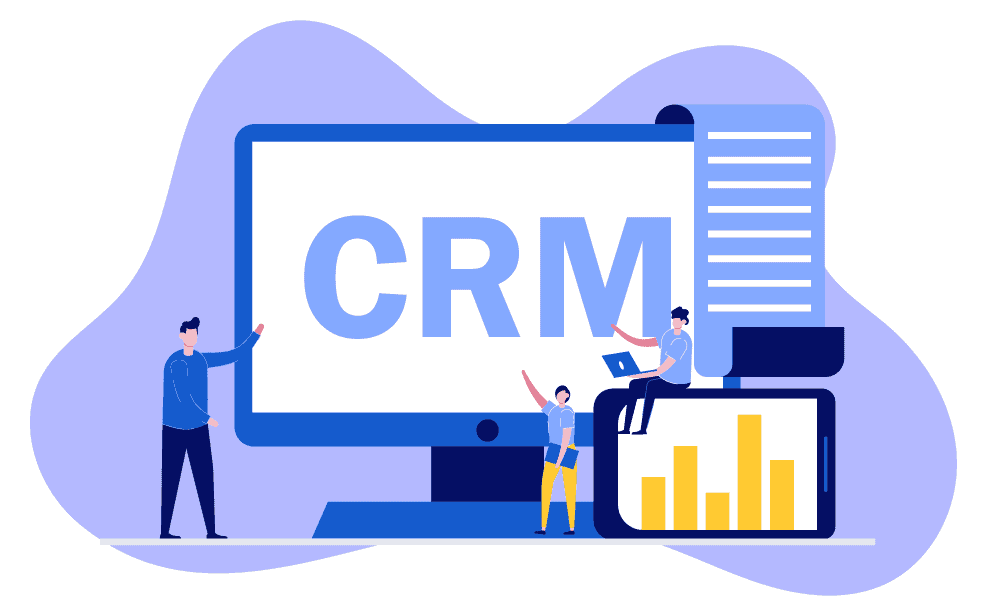The implementation process for CRM software is a challenge, especially when you are new to the space. Your team does not need another headache. Let me help them navigate each step necessary to move from paper-based systems to electronic systems. This will ensure that all information is updated seamlessly and without any fuss.
Cultural Change
The process of implementing CRM is different from other software programs. The manager has to change the way they conduct business and give transparency on how people are using this system every day, week, or year. The goal is not to change the way things work, but who gets credit.

CRM is not an easy thing to sell, and Sales managers must be prepared for resistance. Fortunately, they have a variety of tools in their arsenal that can help them overcome these difficulties by changing the way people collaborate as well as providing more structure to the reporting process to ensure that everyone is quick to embrace change.
Salespeople
CRM isn’t just about the performance of customers and their customers. Salespeople must understand this. It is important for all employees to understand that CRM data does not just pertain to salespeople.
Salespeople must be held according to the same standard that employees are held to. In order to ensure that the business is running smoothly, salespeople must be able calculate commissions , and also close more sales than they lose.
Activity Monitoring
The implementation of CRM is a crucial step in creating a customer profile. This is inclusive of the marketing segmentation fields and any communications with the customer. In addition, any updates from other team members that have interacted directly in their interactions will ensure that there’s no missing details.
Salespeople should be able to make educated decisions based on the data and information they have gathered. These salespeople are essentially gambling losing out on lucrative potential opportunities or losing sales due to the inability to pay prior to taking action.
Goodbye Spreadsheets
CRM can help you save both time and money by removing the requirement to utilize additional spreadsheets. It has reports functionality, which can be customized to provide consistent easy-to-manage reports that give you all your sales-related metrics, meaning you don’t have to guess when trying to determine how each individual in the company or the region performed in achieving their objectives over a particular time.
Pipelines Performance
Sales managers who are successful are not just adept at managing quantity but also in ensuring quality. This involves being aware of areas where deals are stuck and making sure that they don’t slip through deadlines or close dates. It’s about understanding how quickly things move through your pipeline, so that it can keep pace with the demands.
Your data is the information I use to coach and study. The details you provided about your business will decide how often a salesperson enters data, as well as what adjustments they make in relation to deal size and close dates for certain businesses.
For more information, click CRM and sales automation
